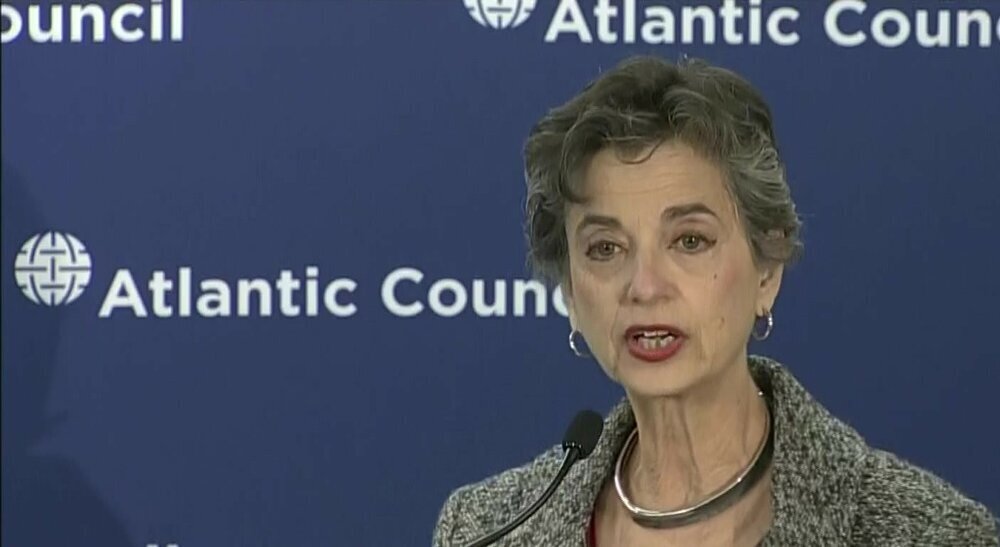JCPOA can help Iran diversify economic ties: American expert

TEHRAN – Barbara Slavin, director of the Future of Iran Initiative at the Atlantic Council, believes that Tehran can diversify its economic ties by reviving the JCPOA, the official name for the 2015 nuclear deal.
“It is in Iran’s interest to diversify its economic relations,” Slavin tells the Tehran Times.
While the negotiations between Iran and the Western powers are reaching the last station, some commentators argue that Tehran no longer needs the JCPOA that was abandoned by the Trump administration in May 2018.
After Trump's “maximum pressure” campaign failed to change Iran’s regional policies, Iranian policymakers came to the conclusion that the country can carry on with or without the nuclear deal.
Add to it new developments in the world resulting from Russia’s attack on Ukraine.
“Iran has survived but hardly thrived under sanctions,” Slavin notes.
“By its own standards, inflation and unemployment are high. Iran has also increased its dependence on China, which values its relations with countries like Saudi Arabia and the UAE more than with Iran,” she remarks.
Following is the text of the interview:
Q: Apparently, the negotiations for reviving the JCPOA have reached the last station, but some commentators say that there are still unsolved issues. What is your comment?
A: I am not privy to the details, I am afraid. From my vantage point, it looks like Russia is setting up obstacles to a final deal by demanding a guarantee against sanctions on economic dealings with Iran that goes beyond the nuclear cooperation specified by the JCPOA.
Q: In view of the fact that Iran succeeded to survive Trump's “maximum pressure” campaign in which a total ban was imposed on Iran’s oil export, what will be the advantages of reviving the nuclear deal for Tehran?
A: Iran would benefit significantly by being able to sell oil freely for the next few years, especially at a time of record prices caused by the Russian invasion of Ukraine. Iran could build on the JCPOA with talks with the U.S., Europe, other countries and Arab neighbors to seek to de-escalate tensions more broadly in the region and perhaps obtain additional sanctions relief.
Q: Do you think America's (and the West in general) assessment of Iran is correct? Iran is not Saudi Arabia that depends on oil sales. Iran could develop its infrastructure and defense system under sanctions. Don’t you think that there is a kind of miscalculation when it comes to Iran's capacities?
A: Iran has survived but hardly thrived under sanctions. By its own standards, more than a third of the population is poor and inflation and unemployment are high. Iran has also increased its dependence on China, which values its relations with countries like Saudi Arabia and the UAE more than with Iran. It is in Iran’s interest to diversify its economic relations.
Q: Republicans such as Mike Pence and Donald Trump threaten that they will abandon any possible deal with Iran if they win the 2024 presidential elections. Do you take it seriously or just empty slogans? Is there any idea about the failure of Trump's maximum pressure campaign among Republicans?
A: Unfortunately, Iran has long been a partisan issue in the U.S. But our elections are more than two years away and a lot can change by then. The most important thing is to take advantage of the opening presented by the Biden administration to make progress in our relations and regional de-escalation.
